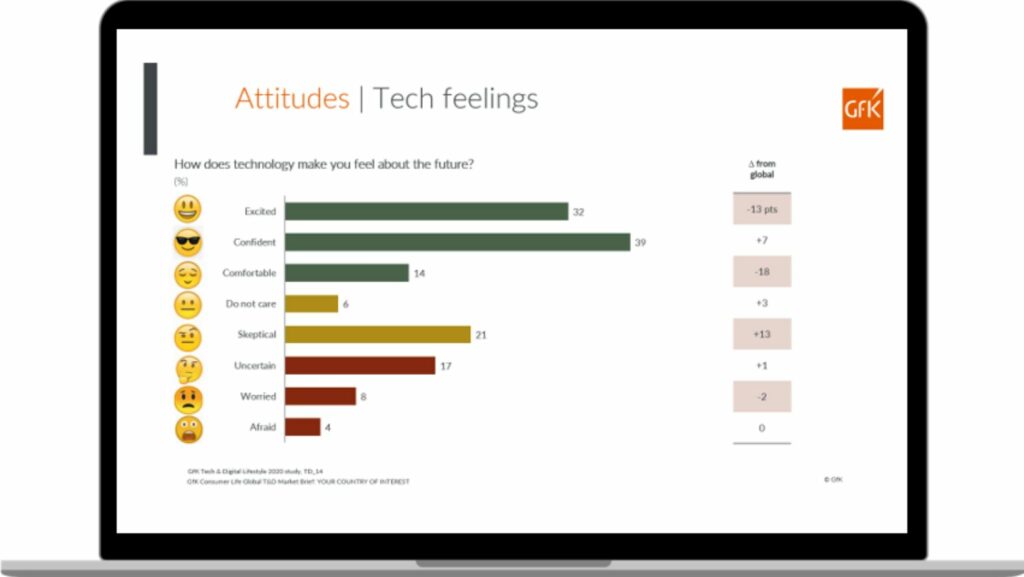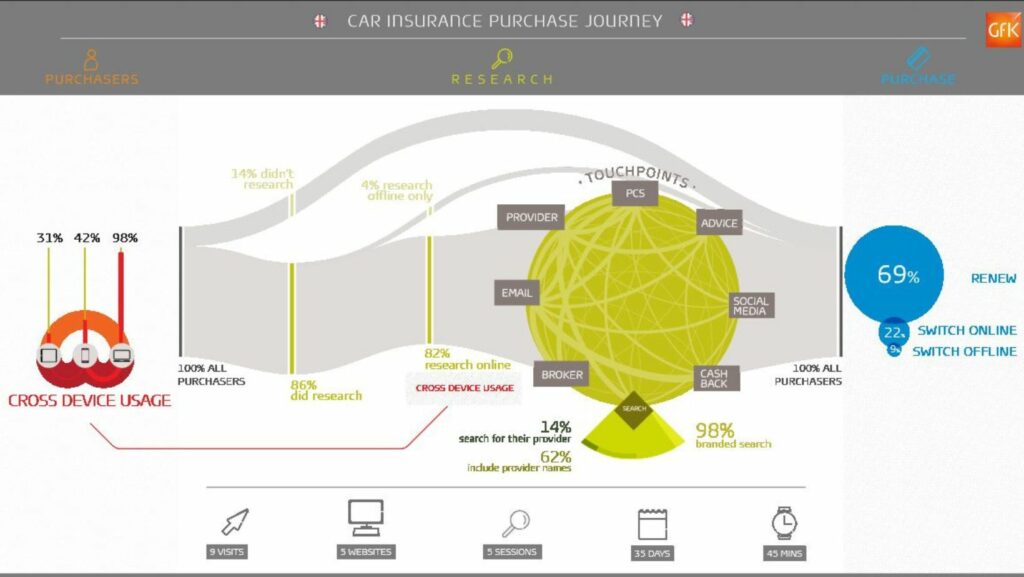Digital Trends GFK
As an expert in digital trends GFK, I delve into the latest insights surrounding GfK. In today’s fast-paced world, staying abreast of digital advancements is crucial for businesses looking to thrive in the ever-evolving marketplace. The realm of technology is constantly evolving, and understanding GfK’s impact on digital trends can provide valuable knowledge for industry professionals seeking to stay ahead.

One cannot overlook the significance of GfK when analyzing current digital trends. With its wealth of data and research capabilities, GfK plays a pivotal role in shaping our understanding of consumer behavior in the digital landscape. By examining how GfK influences market strategies and consumer insights, we gain a deeper appreciation for the interconnectedness between data analytics and emerging technologies.
Exploring the intersection of GfK and digital trends unveils a tapestry of innovation and market dynamics. From e-commerce patterns to social media behaviors, GfK offers a lens through which we can comprehend the intricate web of modern consumerism. Embracing these insights empowers businesses to make informed decisions that resonate with their target audience in an increasingly digitized world.
Overview of Digital Trends GFK
Digital trends are constantly evolving in today’s fast-paced world. When it comes to understanding these trends, GfK stands out as a reliable source of insights and data. They provide valuable information on consumer behavior, market dynamics, and technological advancements that shape the digital landscape.

One key aspect of Digital Trends GfK is its focus on consumer preferences across various industries. By analyzing data from different markets, GfK helps businesses tailor their strategies to meet the ever-changing needs of customers. This approach enables companies to stay competitive and relevant in an increasingly digital environment.
Moreover, GfK’s research delves into emerging technologies that drive innovation and transform business models. From AI and IoT to e-commerce trends and social media developments, GfK offers a comprehensive view of the digital ecosystem. This deep dive allows organizations to anticipate future trends and adapt proactively to disruptions in their industries.
In addition to tracking technological advancements, GfK also monitors shifts in online consumer behavior. Understanding how people interact with digital platforms is crucial for businesses looking to optimize their online presence and marketing strategies. By leveraging GfK’s insights, companies can enhance user experiences and drive engagement effectively.
Furthermore, Digital Trends GFK plays a vital role in guiding decision-making processes for businesses seeking growth opportunities in the digital realm. Whether it’s identifying niche markets or predicting industry trends, GfK empowers organizations with the knowledge needed to make informed choices that lead to success in an increasingly digitized world.
Impact of Digital Trends on Various Industries
Digital trends have significantly reshaped various industries, revolutionizing the way businesses operate and interact with consumers. Let’s delve into the profound effects digital trends have had across different sectors:

Retail Industry
- E-commerce Revolution: The rise of online shopping platforms has transformed the retail landscape, leading to a surge in e-commerce sales.
- Personalized Shopping Experience: Utilizing data analytics and AI, retailers can offer personalized product recommendations tailored to individual consumer preferences.
- Omnichannel Strategies: Retailers are integrating online and offline channels to provide a seamless shopping experience for customers.
Healthcare Sector
- Telemedicine Advancements: Digital trends have facilitated remote healthcare services through telemedicine, enabling patients to consult healthcare providers from anywhere.
- Healthcare Wearables: The integration of wearable devices and health apps allows individuals to monitor their health metrics in real-time, promoting proactive wellness management.
Financial Services
- Fintech Innovations: The financial industry has witnessed a wave of fintech innovations such as mobile payment solutions, robo-advisors, and blockchain technology.
- Enhanced Security Measures: With advancements in cybersecurity technologies, financial institutions are better equipped to safeguard customer data and prevent fraud.
Embracing digital trends is no longer an option but a necessity for businesses looking to stay competitive in today’s rapidly evolving marketplace. By leveraging technology effectively, industries can unlock new opportunities for growth and innovation.
In conclusion, staying abreast of these digital trends is vital for businesses looking to thrive in today’s competitive landscape. By adapting strategies to align with changing consumer behaviors, companies can position themselves for success in the digital realm.

